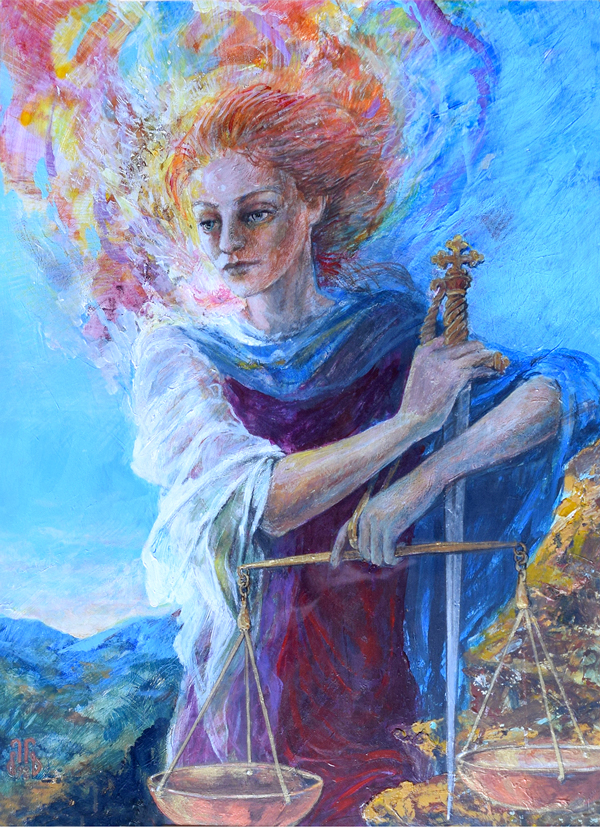Comedy: The Fleeting Freedom of Laughter
Melbourne, my home, is not the only city that has a month-long Comedy Festival. Comedy has always been popular. It can be cruel and crass, but good comedy tweaks reality and tickles the mind and emotions. When we laugh, momentarily we become free as a child, released from what life has thrown at us, from the crises that create personal havoc to the mess the world is in. .Especially through the irony of self-reflective parody and satire we open up and can see the world from a new angle.
This doesn’t
happen when we choose to enter a comfortable bubble and associate only with
those who are like us. Or when we protest until we boil over into anger that
only makes everything worse. Or we sink into existential gloom. Better then to
throw up our hands and turn despair into comedy – that is, if we can.
I have just re-read
George Orwell’s famous and bitterly satirical novel 1984, and was shocked again by its horrible premise: through fear,
surveillance, lies and mind control a totalitarian world government has
deprived every person of the freedom to make everyday choices. Laughter is definitely out. I know this is being attempted in real societies right now and I
can’t imagine what it would be like. Freedom is an urge deep within our psyche.
We are inspired by those who have held true to hope in the face of oppression.
But why, if we can
choose freedom openly, do we feel free so rarely? Is it because we are too embedded
in the disunity tearing apart the fabric of society, in the environmental
destruction threatening all our lives? How can we feel free when we have
surrendered our decision-making power to ignorant mediocrities or to the
narcissistic tyrants who offer only hatred and illusion? In our impotence we
laugh, yet laughter is not enough after all in the face of a crisis that is
both communal and personal.
The spiritual crisis of our time
Henry Nouwen aptly
described our troubled world like this: One way to
express the spiritual crisis of our time is to say that most of us have an
address but cannot be found there. When meaning and direction escape our grasp,
this does become a crisis of spirit – our spirit.
I’m inspired by
philosopher-palaeontologist-priest Teilhard de Chardin to reframe understanding
of this hard-to-find aspect of self. Rather than seeing ourselves as physical
beings having spiritual experiences, he spoke of us as spiritual beings having
physical experiences. The implication is that each individual exists as part of
a larger meta-physical whole.
So here we are in a
physical body, only to find this spiritual self rather elusive. It is revealed in
our finest motivations, through which we can rise above our damaging impulses
and emotions, think clearly, and take actions that bless. This freedom we truly
have. Yet we struggle with limits on our ability to think and act in tune with such
freedom.
That’s due to a shadow
side. It’s called ego. We need our ego to stand in the world. But unaligned
with our higher self, ego remains a needy child and has tantrums if it doesn’t
get its own way. That means serious trouble when multiplied a billionfold
across the world. Examples are everywhere, at all levels of society, and
constantly in our faces. A dark negativity overcomes the light of our human
spirit when we fail to understand its nature as inherently ours to embrace. Or
when we choose to reject it.
Freedom of the Human
Spirit,
by Marshall Fredericks, NY
Meanwhile, in comedy, in that fleeting moment of freedom when laughter
opens the heart and mind, there’s a clear space. We can take hold of this and make
a choice that will change everything. We can decide to undertake
our own transformation. Who we are inevitably impacts on the world. And by coming
to know ourselves, body and soul and especially our spirit, the true self, we
take up a wonderful, potentially world-transforming opportunity. Imagine this
choice magnified a billionfold.
‘If a man is to live, he must be all
alive, body, soul, mind, heart, spirit. That
would change the world.’ ― Thomas
Merton, in Thoughts in Solitude.




Comments
Post a Comment